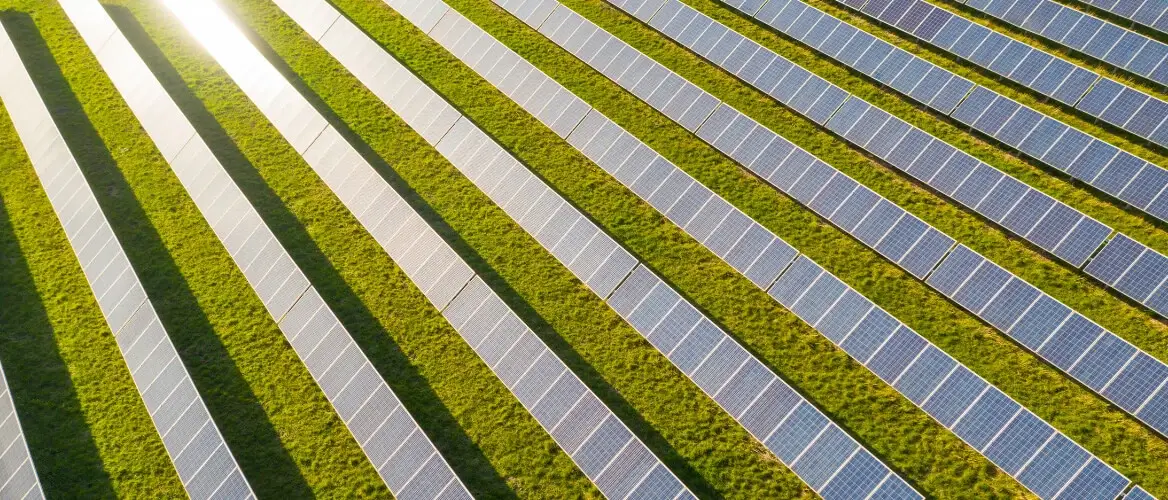Global warming? Climate change? These are themes that are part of our daily life. It is urgent to take sustainable actions that contribute to the improvement of environmental indices. Be part of a more sustainable world and choose renewable energy.
Renewable energies come from natural resources, so they constantly renew themselves in a short time and sustainably.
Continuous technological developments make what are abundant natural resources ever more accessible and affordable – be it by harnessing the sun, the force of the wind or water or the heat of the earth for electricity generation. Renewable energy sources are also able to drastically reduce the level of gas emissions and in the context of Climate Change and Energy Transition are the most advantageous sources of electricity production for the planet and for the economy.
Renewable Energy Sources
 Hydroelectric
Hydroelectric
Hydroelectric power is produced with moving water. It is generated by hydraulic infrastructure, is free of emissions, and is renewable.
 Wind Power
Wind Power
Wind power involves converting wind energy into electricity by using wind turbines.
 Biomass
Biomass
Biomass is biological material derived from living organisms, such as plants or animals, for the production of electric and heat energy.
 Solar Power
Solar Power
Solar energy uses the sun’s rays to generate energy, which means that it is renewable and clean energy. This power supply is obtained through photovoltaic or solar panels. Still, the sun can also be used to heat domestic water or industrial process, avoiding the use of electricity or gas.
 Oceans
Oceans
The energy of the sea is constant and inexhaustible, it comes from the movement of waves.
 Geothermal Energy
Geothermal Energy
Geothermal energy is a renewable energy source because heat is continuously produced inside the earth. This energy is also used as a heat source for greenhouses or heat pumps, for spas or industry, and for heating or cooling buildings.
Benefits
There are many benefits from using renewable energy sources – they have a smaller environmental impact, do not produce “greenhouse” gas emissions and can enhance a country’s energy autonomy and independence. They are clean, renewable, 100% green, and inexhaustible.
Non-renewable energy sources
Non-renewable energies result from the use of coal, oil, uranium, and natural gas. These are fossil fuels which not only have very long “formation’ periods but also produce large amounts of carbon dioxide (CO2) which is a major contributor to the greenhouse effect on the planet.
Although fossil fuels will still be part of the transition to a carbon-neutral world the speed of change needs to accelerate if we are to preserve our ecosystem.
Choose renewable energies not only for their economic benefits but also for their contribution to the ecological footprint. Be part of a more sustainable world.
At Bongás Energias we provide efficient and renewable solutions that fit your lifestyle, such as photovoltaic panels for self-consumption, sanitary water heating, air conditioning, among others.
At Smartwatt, we are committed to solutions based on artificial intelligence, engineering, and monitoring systems to optimize energy resources. Our focus is to develop projects that facilitate access to renewable energy, in addition to offering sustainability solutions as a whole.
At KLC, we operate in charging stations with the functions of designing, supplying, installing, operating, and maintaining infrastructure for charging electric vehicle batteries, as well as supplying electricity for electric mobility.
Ask your quotation and start saving today (click here)!
